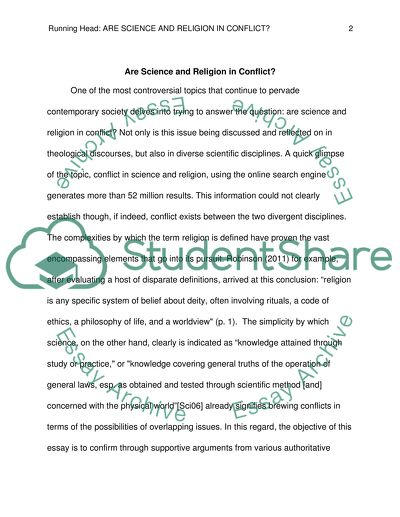Cite this document
(“Are Science and Religion in Conflict Research Paper”, n.d.)
Retrieved from https://studentshare.org/logic-programming/1432289-are-science-and-religion-in-conflict
Retrieved from https://studentshare.org/logic-programming/1432289-are-science-and-religion-in-conflict
(Are Science and Religion in Conflict Research Paper)
https://studentshare.org/logic-programming/1432289-are-science-and-religion-in-conflict.
https://studentshare.org/logic-programming/1432289-are-science-and-religion-in-conflict.
“Are Science and Religion in Conflict Research Paper”, n.d. https://studentshare.org/logic-programming/1432289-are-science-and-religion-in-conflict.


